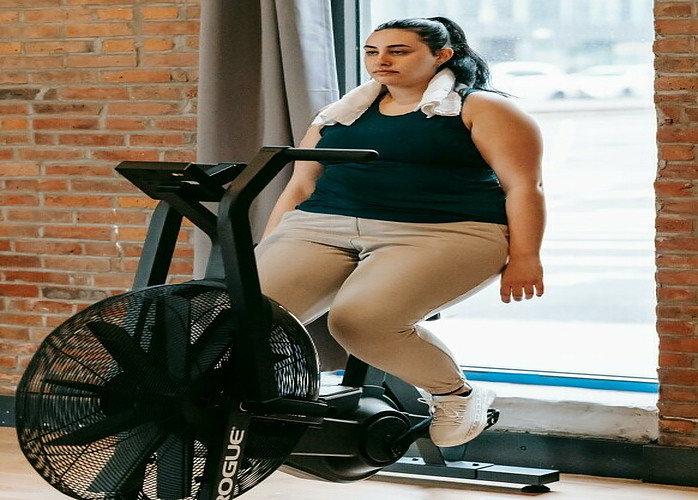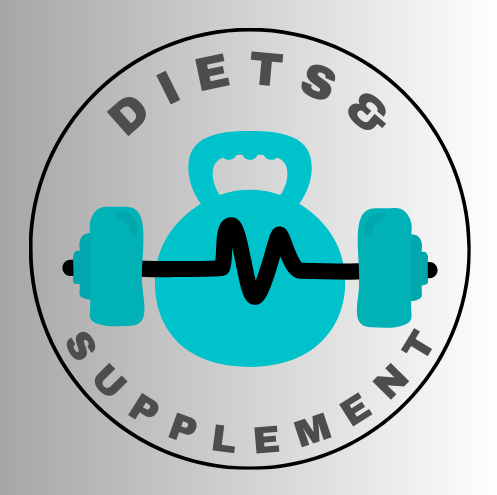Weight loss is a goal that brings many of us to the drawing board, looking for the strategies that will contribute to that end. I intend to shed light on what forms the core of achieving weight loss that doesn’t just come and go, but rather stays off for good.
Bouncing back and forth between weight extremes, often seen with trendy diets and rapid weight loss schemes, isn’t just discouraging. It’s also potentially harmful to your body. Let me explain why steady and consistent changes outmatch the allure of quick fixes every time.
Lastly, we need to remind ourselves that weight loss, much like any other journey toward personal betterment, is a marathon, not a sprint. It’s essential to embrace patience and allow ourselves to make gradual changes that reinforce our overall health and well-being.
===========>Try the 21 day smoothie challenge<============
Setting Realistic Goals and Expectations
I think we can agree that imagining the end result of weight loss is exhilarating. The thought of hitting that dream weight or fitting into those aspirational clothes fuels the beginning of many weight loss journeys. However, setting the bar at the right height is crucial for sustainability. Unreachable goals can quickly lead to frustration and a sense of failure, while realistic ones can help you stay on track.
To start, consider what I call SMART goals – Specific, Measurable, Achievable, Relevant, and Time-bound. These criteria transform vague desires into actionable plans. For instance, rather than simply wanting to ‘lose weight’, specify how much you want to lose, in what timeframe, and through which methods. A goal like ‘I will lose 10 pounds in 3 months by walking 30 minutes a day and cutting out soda’ has all the makings of a SMART objective.
A pivotal aspect of setting realistic goals is knowing your body and understanding that weight loss isn’t linear. Some weeks you might see significant changes, while others might show little to no movement on the scale. Your body adapts, and weight loss tends to slow down as you progress. It’s essential to remain patient and adjust your expectations to these biological realities.
Also, weight isn’t the only marker of success. Consider other metrics like body measurements, energy levels, and overall health improvements. I encourage you to celebrate these non-scale victories, as they are significant indicators of your progress toward a healthier you.
Your mindset throughout this process can make or break your success. Developing a growth mindset – one that thrives on challenge and sees setbacks as opportunities to learn – will serve you well. Embrace the journey as a series of small wins and lessons, rather than a sprint to the finish line. KEEP IN MIND, weight loss is as much a mental challenge as it is physical.
Nutritional Approaches to Lasting Weight Loss
Crafting a strategy for sustainable weight loss pivots on making informed nutritional choices. It’s the quality of calories, not just the quantity, that factors into long-term success. A diet rich in nutrients supports bodily functions and can help in managing hunger, thereby playing a pivotal role in achieving weight loss goals that last.
The balance of macronutrients \
Choosing whole foods over processed options
Understanding the significance of mindful eating and portion control
The Role of Physical Activity in Weight Management
You’ve likely heard it a million times: exercise is crucial for losing weight. But here’s the scoop – it’s not just about torching calories in the gym. Physical activity as a whole plays a multifaceted role in your weight loss journey.
Starting a workout routine can be daunting, yet the focus should be on finding activities that you enjoy. Consistency outweighs intensity in the long run, so whether it’s walking, swimming, or dancing, what matters is that you keep moving. The more you enjoy the process, the more likely you are to stick with it.
Beyond burning calories, exercise, especially strength training, can increase muscle mass. This is key because muscle tissue burns more calories than fat tissue, even when you’re at rest. By incorporating regular strength training sessions, you’re not just slimming down, you’re building a more efficient metabolism.
Then there’s the magic of NEAT, or non-exercise activity thermogenesis. It’s the energy you expend doing everything but sleeping, eating, and sports-like exercise. So, take the stairs, pace while on the phone, or plant a garden. These small actions can add up in a big way, boosting your daily calorie burn without the need for structured exercise.
What’s crucial is that you see physical activity not as a chore, but as a fundamental part of a healthy lifestyle. Find joy in being active, choose exercises that suit your life, and before you know it, you’ll be reaping both the visible and invisible benefits.
Staying Motivated and Overcoming Setbacks
Sustainable weight loss is as much about maintaining motivation as it is about nutrition and exercise. You might find that your enthusiasm wanes or life throws unexpected challenges at you. When this happens, it’s crucial not to be too hard on yourself. Recognize that setbacks are a normal part of any long-term process. Construct a network of people who encourage and believe in your goals. Friends, family members, or a fitness community can provide the support you need to push through tough times.
Having a clear understanding of your motivation for losing weight will help you stay on track. This might be health-related, like wanting to reduce the risk of chronic diseases, or personal, such as feeling more confident. Write these reasons down and keep them somewhere visible.
Consistency is key, even if you aren’t seeing immediate results. Weight loss is a gradual process, and the scales aren’t the only indicator of your progress. Pay attention to how your clothes fit, how your energy levels have changed, and any positive feedback you’ve received.
If you encounter a setback, take a moment to assess what led to it without casting judgment on yourself. Use this information to fortify your strategy. Maybe you need to refine your diet a bit more, alter your workout routine, or find new ways to deal with stress. Adjust your plan accordingly and remember that progress is never a straight line.
To wrap up, sustainable weight loss is about building and maintaining habits that you can incorporate into your life for the long haul. Be patient and give yourself grace as you embark on this journey. Celebrate your victories, learn from the setbacks, and always keep your ultimate goal in sight—this will keep you steering back on course even when the going gets tough.
